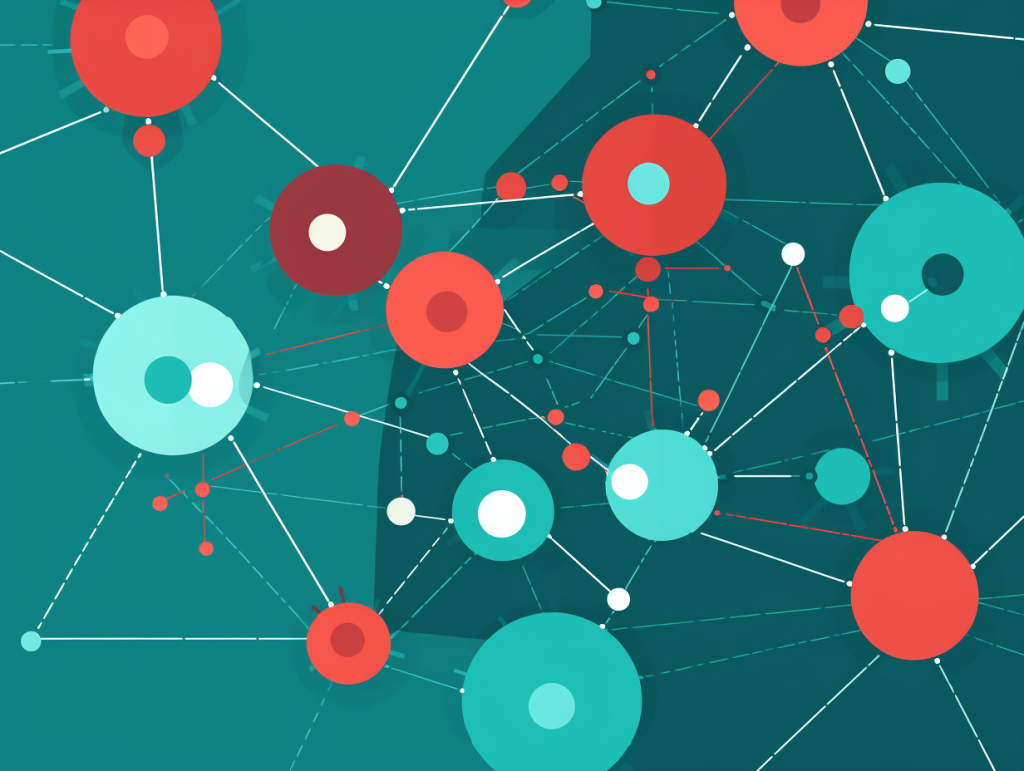With the boom in AI tech and consumer facing AI tools picking up ever greater speed, many participatory and deliberative software platforms have been working on AI projects of their own. The capabilities that AI brings range from highly sophisticated data and trend analysis to synthesising large volumes of input in deliberative processes. But in every case, there is a common theme – efficiency. Rather than being a stand-in for people, AI is used to process more data, more quickly.
CitizenLab – Data Analysis, Sentiment Analysis, Trend Identification, Theme Identification, Input Categorisation, Input Summarisation
The CitizenLab platform offers a variety of tools for citizen participation, including online consultations, surveys, and discussion forums.
CitizenLab also utilises AI to help identify key themes and trends in the data collected through these tools. It also uses machine learning to analyse the tone and sentiment of comments.
Another way CitizenLab uses AI is through its topic modelling tool, which looks at the content of comments and feedback submitted by citizens and groups them into relevant topics.
Pushing this technology further, CitizenLab’s current work is around creating actionable conclusions and project summaries drawing from all collected input.
Your Priorities / Citizens.is – Data Analysis, Toxicity Assessment, Trend Identification, Theme Identification, Chat Assistance
Your Priorities from Citizens.is provides surveys, discussions, and interactive maps, to facilitate citizen input.
Through its natural language processing tools, the platform analyses text submitted by citizens, including comments, feedback, and survey responses in order to identify key themes and trends.
It also aims to detect certain kinds of responses that may be toxic, assists participants when writing their contributions, and uses machine learning to help visualise data collected as interactive maps.
Citizens.is is currently working on integrating an open source large language model in the style of ChatGPT to act as a digital assistance for participants to answer questions about ideas and discussions posted on the platform.
Polis – Consensus Identification
Polis, from the Computational Democracy Project, was built to help with deliberation and decision-making processes among groups of people.
It uses AI to help guide group discussions and identify areas of agreement and disagreement among participants by collecting statements and submissions and circulating them among participants, who are asked to agree, disagree or pass.
Using statistics and machine learning, rather than natural language processing, those answers are then sorted into clusters, whereupon consensus statements are identified.
The Polis process is transparent, allowing participants to see it evolving. Over time the consensus statements gain greater clarity and accuracy.
Adhocracy+ / Kosmo – Input Categorisation, Moderation Assistance
Built by the organisation Liquid Democracy, Adhocracy+ facilitates deliberation and collaborative decision-making via surveys, discussions, and voting mechanisms.
Liquid Democracy is also a key partner on the Kosmo project – an in-development AI moderation assistant, designed to improve the quality of conversation in deliberative processes.
It is attempting to do this by making value assessments on contributions according to rationality, reciprocity, civility and constructiveness.
Due to the complexity of the project, they are currently focussing on rationality and civility first – training it on tens of thousands of comments in order to improve the model and hopefully integrate it with Adhocracy+.
Fluicity – Sentiment Analysis, Trend Identification, Theme Identification
Fluicity is a citizen engagement and participation platform that includes surveys, polls, discussions and other tools to help citizens share their opinions and ideas.
Fluicity uses machine learning algorithms to analyse and identify the tone and sentiment of comments and feedback submitted by citizens, as well as key trends and themes in the data collected.
ZenCity – Trend Identification, Theme Identification
ZenCity helps governments and organisations understand their communities, by providing engagement tools and utilising social media monitoring and analytics.
For this purpose, ZenCity uses natural language processing tools to analyse the language used on social media platforms and other online channels and identify key themes and trends in public opinion.
